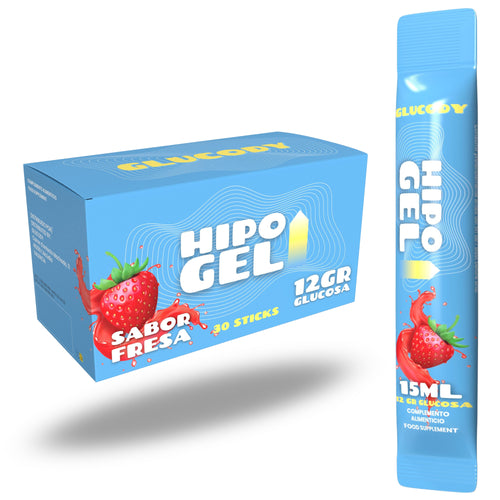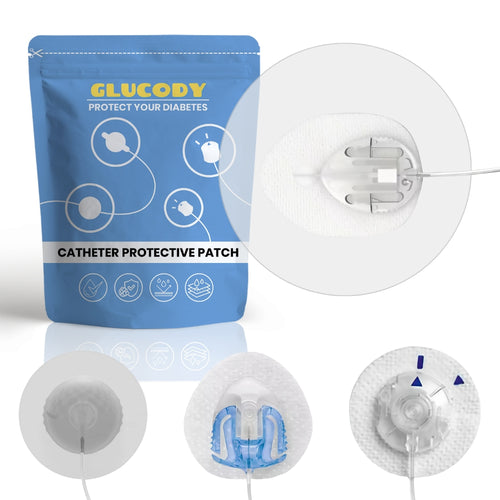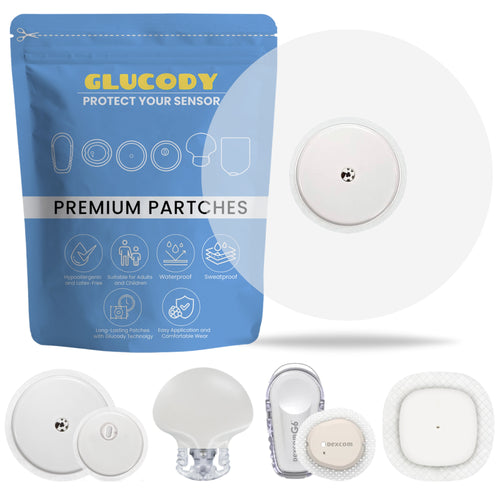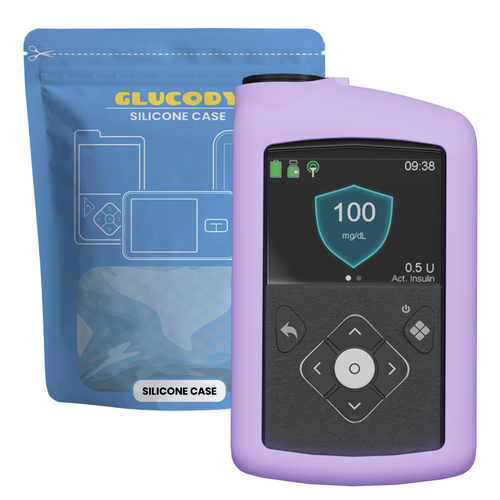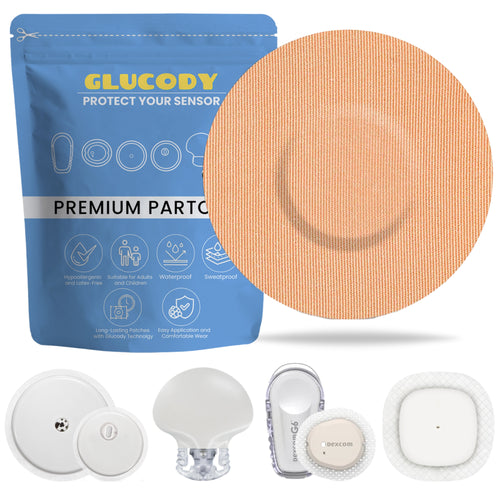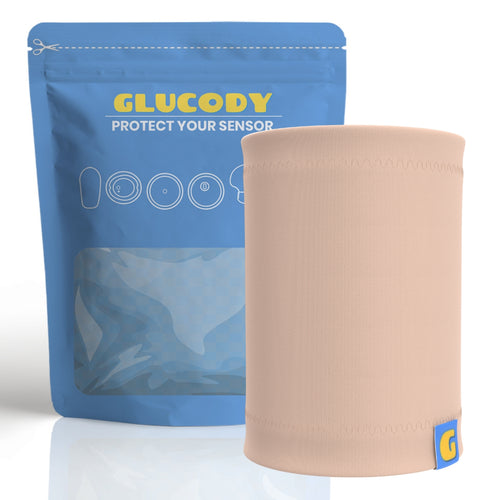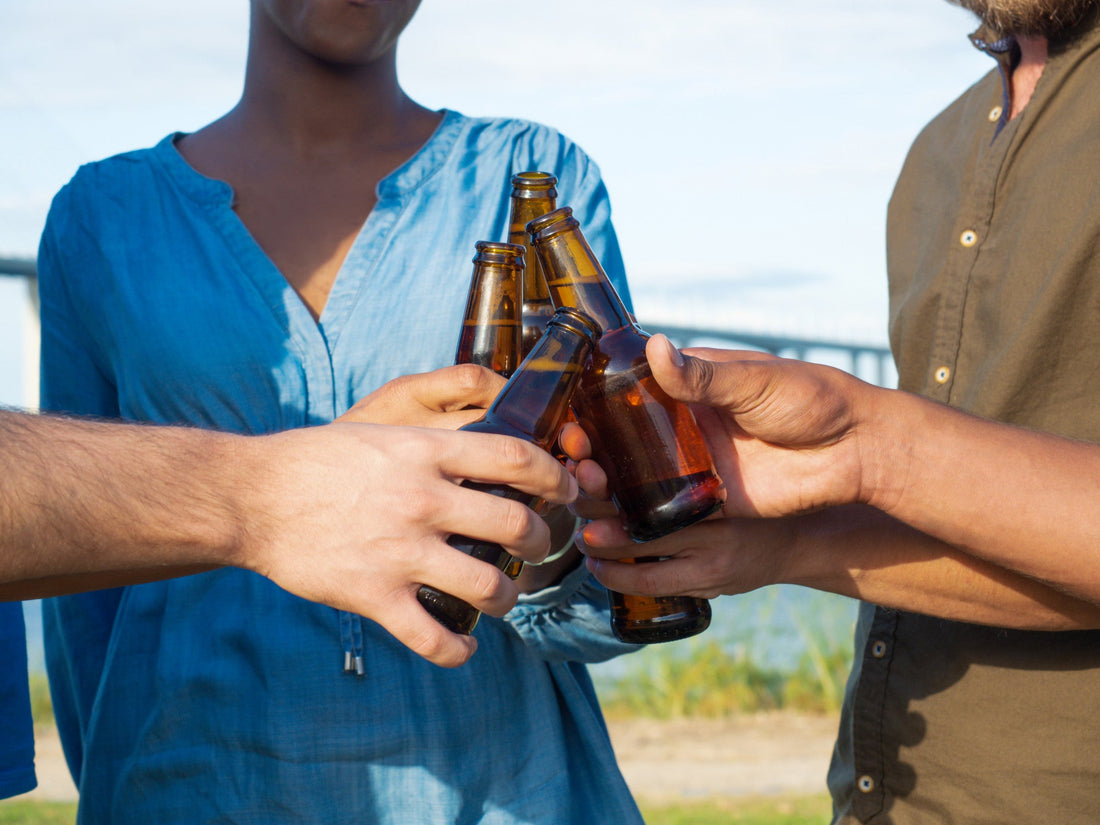People with diabetes must pay special attention to their diet to maintain proper blood glucose control. But what about beverages like beer, for example? We know that alcohol consumption can alter blood sugar levels, interfere with diabetes medications, and potentially cause other health problems. With this in mind, it's worth asking: Are non-alcoholic beer and diabetes compatible? Let's look at the answer.
Is non-alcoholic beer compatible with diabetes?
Non-alcoholic beer has become a very popular option for those who want to enjoy a beer without having to deal with the effects of alcohol. However, even though its alcohol content is very low or zero, this doesn't mean it's completely safe for people with diabetes.
Furthermore, since it contains little or no alcohol (less than 0.5%), this beer doesn't have the same metabolic effects as traditional beer. However, this doesn't mean it should be consumed indefinitely.
One of the main factors to consider is the impact of non-alcoholic beer on glucose levels. Some versions may contain added sugars or carbohydrates that affect blood sugar. However, there are low-sugar options that may be a safer alternative.
In any case, non-alcoholic beer should be consumed in moderation by people with diabetes and always as part of a balanced diet.

Glycemic index of non-alcoholic beer
The glycemic index (GI) is an indicator that measures how a food or beverage affects blood glucose levels. In the case of non-alcoholic beer, its GI can vary depending on the brand and the ingredients used in its production.
Generally speaking, non-alcoholic beer has a High glycemic index , ranging from 60 to 90 , depending on the type of malt and the sugars present. This means that its consumption can cause glucose spikes if not properly controlled. If we compare them, we will see that:
-
Traditional beer has a GI of approximately 70 to 110
-
Non-alcoholic beer, a GI between 60 and 90
-
Water or infusions without sugar, a GI of 0
Given its high glycemic index, it is recommended to consume non-alcoholic beer in moderate quantities and, preferably, accompanied by foods rich in fiber or protein that help reduce its impact on blood glucose.
Properties of non-alcoholic beer
Non-alcoholic beer retains many of the characteristics of traditional beer, but with very low or no alcohol content. Some of its most notable properties include:
-
Low alcohol : Most non-alcoholic beers have less than 0.5% alcohol, which reduces the negative effects of alcohol on metabolism.
-
Mineral contribution : Contains potassium, phosphorus and magnesium, essential for the balance of electrolytes in the body.
-
Source of antioxidants : Some varieties contain polyphenols, compounds that help reduce inflammation and improve cardiovascular health.
-
Hydration : Due to its high water content, it can contribute to the hydration of the body, although it should not replace pure water.
-
Lower Calories : Compared to traditional beer, many non-alcoholic versions have lower calories, which can be beneficial for those trying to control their weight.
However, it is important to pay attention to their carbohydrate and sugar content to avoid negative effects on blood glucose.
Non-alcoholic beer and its sugar content
One of the most important aspects to consider when choosing non-alcoholic beer is the amount of sugar. Although many brands have reduced their sugar content in recent years, some still contain significant amounts that can affect glucose levels in people with diabetes.
How much sugar is in non-alcoholic beer?
Sugar content varies by brand and fermentation process. On average:
-
Commercial non-alcoholic beer : May contain between 2 and 5 grams of sugar per 100 ml.
-
Traditional beer : It usually has less sugar because the sugars are converted into alcohol during fermentation.
-
No-sugar-added options : Some non-alcoholic beers are specifically formulated for people with special dietary needs, reducing the amount of sugar.

Tips for drinking non-alcoholic beer suitable for diabetics
If you have diabetes and want to drink non-alcoholic beer, keep the following tips in mind:
-
Read labels: Check the carbohydrate and sugar content before purchasing.
-
Choose low-sugar options : Look for beers with less than 3g of sugar per 100ml.
-
Avoid those with artificial sweeteners: Some can affect insulin sensitivity.
-
Consume in moderation: Do not drink more than one can or glass, especially if you have not eaten.
-
Combine it with healthy foods : Accompany non-alcoholic beer with protein or fiber to avoid glucose spikes.
So… can diabetics safely drink non-alcoholic beer?
While non-alcoholic beer doesn't have the same metabolic effects as alcohol, its high glycemic index and sugar content can pose a risk to people with diabetes if consumed in excess.
However, in moderation and with appropriate choices, it's possible to enjoy this beverage without significantly altering blood glucose levels. The key is to read labels, control portions, and combine it with healthy foods to minimize its impact on blood glucose.
Glucody: Quality products for diabetes control
Just as you take care of your diet to keep your glucose levels stable, it's also important to protect your diabetes monitoring devices . At Glucody, we offer:
-
Sensor protectors
-
Protective covers for receivers
-
Decorative stickers
Discover our store and find the best products for your diabetes care!


